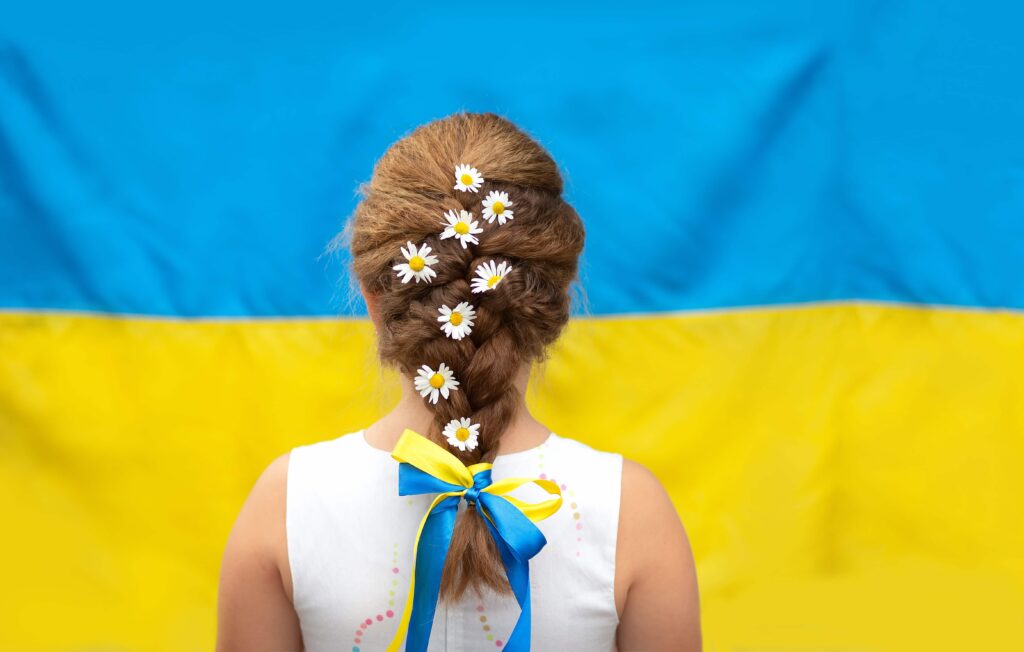The war in Ukraine has brought heartbreak and sadness to individuals across the world. As adults we may experience difficulties processing the images that are seen on the news or through social media and we struggle talking to our children about this war that may seem senseless to many. However, our children may have questions and may be experiencing their own personal struggles understanding what is currently happening in Ukraine and other parts of the world. There is often a shared experience of helplessness that we feel due to being limited in ability to make a difference and children may struggle verbalizing their emotions in such situations. It is common for children to feel worried and fearful about the little information they may know about the war in Ukraine. As parents, it is important to facilitate conversations that will provide validation and reassurance to our children.

The following are tips on how to initiate conversations with your child:
- Ask them what they know. Allowing your children to express what they already know about the war in Ukraine will give you access into their internal though processes and help you understand the way they make sense of the limited information they may have already received through the media or others around them. It will also provide you with an opportunity to clarify any false or inaccurate information they may have received.
- Help them express their emotions. Children may experience similar emotions as adults, but their emotional expression may look different. It is common for individuals to feel sadness, worry, fear, and even anger towards the war in Ukraine. However, many children may not have the ability to accurately verbalize these emotions and they may need different emotional outlets. Small children may benefit from drawing out their emotions, while older children may find journaling helpful.
- Find healthy distractions. Encouraging your child to participate in various activities is crucial to distract them from the constant conversations and media coverage of the Ukrainian war. Maintaining physical activities, sports, extracurricular activities, and time with friends is extremely important during difficult times.
- Provide age appropriate information. Leaving children in the dark and not providing them with any information may actually increase anxiety symptoms or lead them to create their own interpretations of limited information they may be exposed to. Try to educate your child on what is happening in Ukraine by providing some facts related to the events that has lead to the turmoil there. It may also help to show Ukraine on a map to help them understand where the war is in relation to where we are located.
- Monitor any emotional or behavioral changes. If you notice that your child is experiencing significant emotional reactions, behavioral changes, or nightmares, it may be necessary to meet with a child psychologist to help your child process his or her emotions and gain effective coping mechanisms.
Miami Psychology Group is currently accepting new patients in the Miami and Miami Beach area. Qualified psychologists are available for individual, family, and couples therapy services. Please contact our office to be matched with a psychologist that will meet your needs.